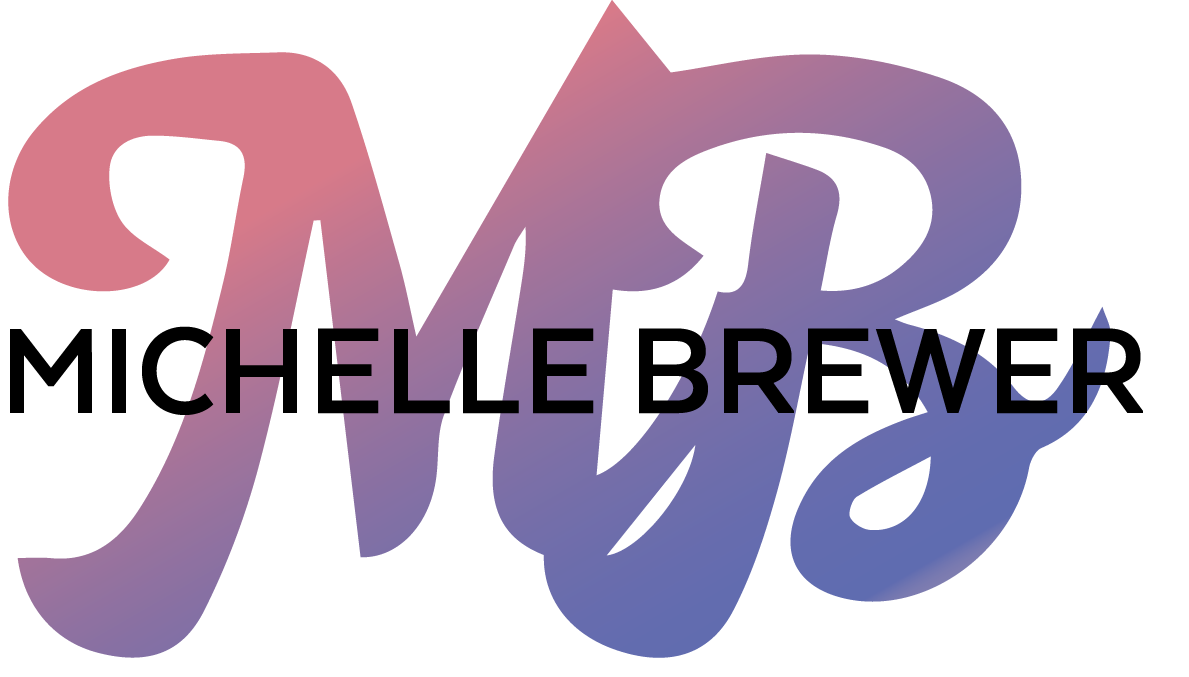I don’t feel resentment toward the Dude because I didn’t do a damned thing I didn’t want to do. I didn’t lose or leave myself. Everything was fully and freely given on my end. I feel pure of heart. I have no regrets.
In my pain and powerlessness, my disappointment and self-doubt, I realized that among the myriad of emotions I was experiencing, I did not feel resentment. And yet, I knew that had I slept with the Dude and had he pulled away in the same way he did, I most certainly would have felt resentment. That got me thinking about the nature of resentment.
I decided that there is a way in which resentment is what you feel when you give up a part of yourself to another (expectation
typically unsaid by you, unagreed by the other) that you really don’t want to give up. But you do so in a bid to get the other person to do something you want them to do (and you’re not sure they will). Then, if that person doesn’t do what you wanted them to do, your reaction to their not doing so is resentment. Resentment arises as the result of a one-sided, tacit, failed tactic.
I knew I wasn’t ready. I didn’t like that I wasn’t ready. I wished I were ready. I hated myself for not being ready. But I knew I wasn’t ready. If I had had sex with him, I would have felt resentment.
I asked of this man that we do something other than eat on our date. That was hard, excruciating even, for me to do. It was not only making a desire of mine known, it was also admitting weakness and, in doing so, allowing myself to be deeply, dangerously seen.
Eating only when you’re hungry is to have trust in abundance, that there will enough of everything for you later. Such a stance calls on a way of being that not many of us learned or experienced as safe as young ones–although it is hard to know of such deficits until you stop using food as something other than physical nourishment.
The challenges people, especially women, have with food are substitutes or masks for other struggles that we don’t have the emotional safety in our lives to confront. We don’t have the social will in our culture to take on.
Being hungry for me is the palpable, lived expression of my emotional vulnerability: it is the wholehearted opening of myself to others, it is the allowing of myself to have needs that require others to fill. That is a leap that feels daunting.
Some of the most destructive covert shame messages that we send our children stem from feminine and masculine norms. – Brené Brown
We need to address shame because shame is what is stopping us from being vulnerable. It is corrosive. It stops us dead in our tracks. It stops us by telling us we are inadequate, flawed or unworthy.
Are you letting your body determine the parameters of your eating experience? Or does that prospect scare you? Your answer is an existential, spiritual litmus test.

